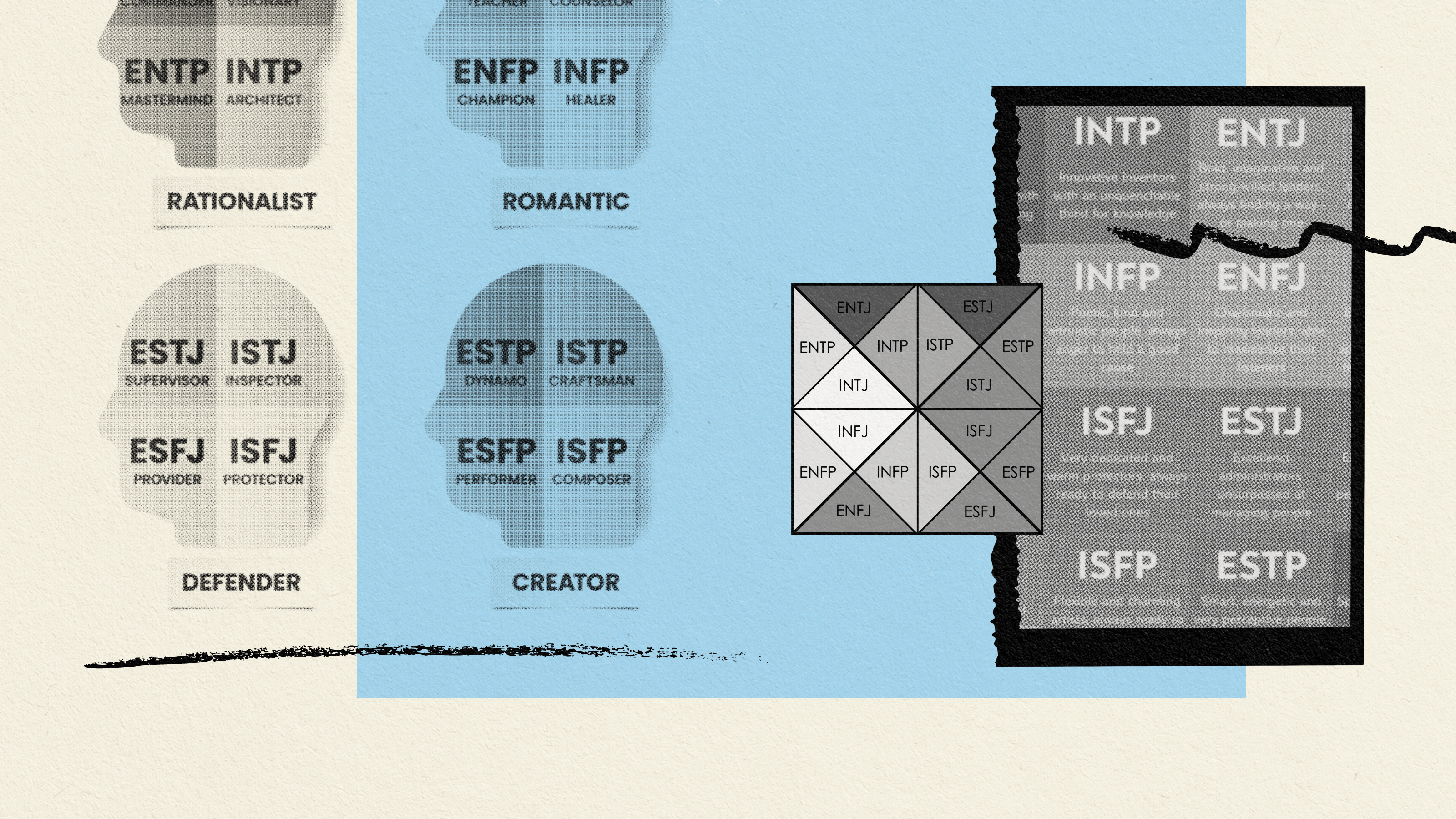The right-wing case for basic income

- The idea for a universal basic income, or UBI, is increasingly popular.
- While it seems like a left-wing handout, many prominent right wing thinkers have endorsed the idea.
- The libertarian version of UBI does have a few key differences from the more standard version.
We’ve all heard of it: basic income, the freedom dividend, the income guarantee, or any of the other names for the program that would give everybody a payment as a right of citizenship. Such plans have been discussed by American thinkers for at least two hundred years and have gained increasing attention and popularity in the modern age.
On the face of it, it seems like a rather left-wing concept. The idea of sending everybody a check each month for existing seems as Marxist as it gets. It also doesn’t help that many of the best-known supporters of the idea are on the left. However, the idea’s popularity isn’t limited to red book clubs. There are right-wing supporters of the concept as well, among them was famous economist Milton Friedman.
The libertarian case for the basic income
For those who don’t know, Milton Friedman was an economist working out of the University of Chicago during the middle part of the 20th century. A leading thinker behind monetarism, he favored tinkering with the economy through controlling the size of the money supply rather than through fiscal policy. Even people on the American center-left acknowledge his brilliance as they criticize his mistakes.
When it came to the problem of poverty, Friedman supported letting the free market and private charity have a chance to solve it first. However, he understood that dealing with it effectively at the large scale likely required at least some state intervention. As he explains in Capitalism and Freedom, its the free-rider problem that causes this:
It can be argued that private charity is insufficient because the benefits from it accrue to people other than those who make the gifts […] I am distressed by the sight of poverty; I am benefited by its alleviation; but I am benefited equally whether I or someone else pays for its alleviation; the benefits of other people’s charity therefore partly accrue to me. To put it differently, we might all of us be willing to contribute to the relief of poverty, provided everyone else did. We might not be willing to contribute the same amount without such assurance. In small communities, public pressure can suffice to realize the proviso even with private charity. In the large impersonal communities that are increasingly coming to dominate our society, it is much more difficult for it to do so.
He argued that this justified having the state take steps to reduce poverty, as it is harder to skip out on paying money to reduce poverty when that is tax fraud rather then miserliness. This didn’t mean Friedman supported the welfare state though; he argued instead for a much simpler solution in the form of the negative income tax, or NIT.
In our current welfare system, there are a myriad of programs that each deal with a different aspect of life for the poor. One program provides food aid, another deals with housing, yet another provides low-cost utilities, and another one deals with income security for the elderly. A large number of regulations, such as minimum wage laws, exist to help hold wages high enough to keep other working people off the welfare rolls.
Friedman viewed this multitude of agencies as wasteful and suggested that a single program would do the same job with a smaller government by just giving cash to people who needed it. As a libertarian who placed a high value on the freedom of choice, he also suggested it was a much more dignified way of helping the poor than telling them what they could and could not do with the money we give them as is currently the case with things like food stamps.
How would it work?
The mechanism is relatively simple. Dr. Friedman explains it above in his interview on Firing Line.
For those who didn’t watch the clip, it is easily explained. The income tax system is changed a bit to include an exemption based on family size. Only earned income above that point is taxed. If you make less than the exemption amount, you instead receive a subsidy.
The size of the subsidy would change based on how much you make and would also be subject to a subsidy rate. This means that if a person makes $1000 less than the exemption point, they would only get a certain percentage of that difference back as a subsidy. Friedman argued that the subsidy rate shouldn’t any higher than 50 percent, as it would discourage work if it were raised past that point.
As an example, suppose we lived in a society where with an NIT where the exemption for me is $10,000, and the subsidy rate is 50 percent. If I were to only make $8000, I would pay no taxes and get back half of the $2000 difference between what I made and the exemption point, or $1000.
If I made exactly $10,000, I would neither pay taxes nor receive a subsidy. If I made more than that, I would start to pay income taxes on the income above that point. If I made absolutely nothing, I would get the largest subsidy possible under this system, $5000, which would be the “guaranteed” income under this arrangement.
Such a program would also have the advantage of not having a “welfare trap,” the point where making more money at work causes welfare payments to go down by a larger amount and leaves the recipient worse off. The trap is a well-known problem and is bashed by many economists as a significant flaw that discourages people from trying to improve their situation.
The numbers used above were just for discussion; the exact numbers used in a working system would reflect economic realities. It should be said that Friedman intended to keep the guaranteed rate low enough to encourage people to still work while at the same time being high enough to correct for the failures of private charity.
Has it ever been tried?
Yes, it has, and it worked.
Several experiments in the 1970s in the United States and Canada showed that the negative income tax could work as intended. The guaranteed income was set as equal to the poverty threshold and, as predicted, the labor supply fell because of this.
This fall was not as significant as experts feared, however. The simultaneous rise in high school graduation rates suggests that at least part of this fall in labor supply was caused people having the economic security to stop working and finish their education. Claims that the program resulted in an increased divorce rate were initially reported but are now known to be the result of a statistical error.
What do others think of the NIT?
Criticism of the idea comes from two directions.
On the right, critics often object on a fundamental level to any redistribution or an income tax of any kind. Some who do support the NIT see it merely as the best version of a bad deal.
On the left, criticism tends to focus on either the mechanism of the NIT or on the details of Friedman’s plan. Josh Martin, an executive committee member at the US Basic Income Guarantee Network, explained his objections this way:
A negative income tax and a universal basic income seek to achieve the same goal — to ensure an income floor for everyone. But, given the choice between the two, a UBI is preferable as it solidifies this income floor as a universal benefit, while an NIT would only provide the income floor to those who need it. This conditionality makes it easier for politicians and for people who don’t receive the NIT to justify cutting the program as they don’t receive the benefit personally.
This concern that a purely redistributive program will be subject to political difficulties later is a common one. It is part of the reason why regressive taxes on the poor fund Social Security — you can’t attack it in the way Mr. Martin describes. A system of basic income that pays everybody a set amount each month is similarly protected; it’s hard to cut a program everybody gets direct benefits from.
Universal basic income is an increasingly popular idea that will likely exist in some form someday. It enjoys support from every part of the political spectrum for various reasons. While the far left and the far right might disagree on why a universal basic income program is needed or what form it should take, the fact that they agree on the need for such a program is surprising enough to almost count as an endorsement in itself.





